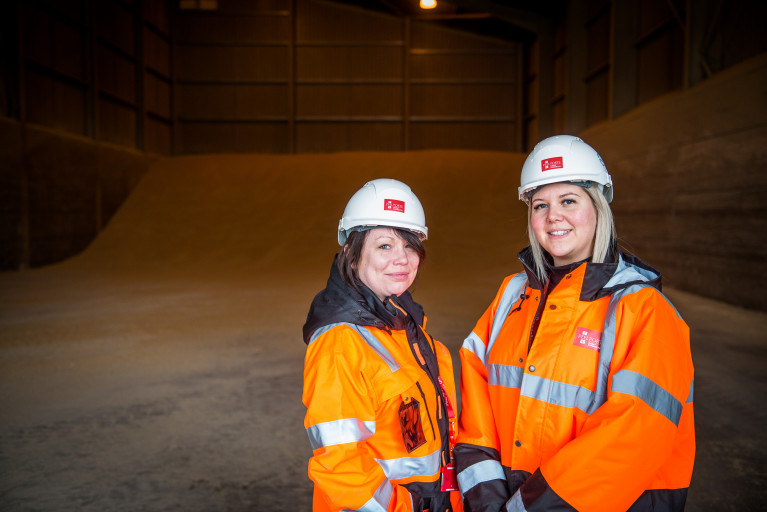Displaying items by tag: Innovate Her
Partnership of Peel Ports And Innovate Her to Encourage Inclusion & STEM Subjects to Liverpool Students
UK ports group, Peel Ports has partnered with social enterprise Innovate Her to encourage diversity and inclusion across the organisation and promote STEM subjects to hundreds of female students across Liverpool.
The national port operator has pledged its support to the organisation after recognising that the maritime sector must become more inclusive and support greater gender diversity.
The latest collaboration is among several initiatives from Peel Ports to encourage more women into the business.
Innovate Her is a values-led social enterprise based in the North West, that aims to equip more women with the skills and confidence to pursue STEM-related careers. It specialises in delivering education and coaching to young people and has been operating since 2013.
Peel Ports has signed up to the organisation’s Impact Her package, which will see the port group attend community learning and networking events, host masterclasses in schools and virtual forums, and support up to 600 female students across Liverpool.
The announcement comes after the port group previously signed the Women in Maritime Pledge, overhauled its on-site PPE to accommodate female workers and has improved many of its employee-related procedures, including enhancing its maternity policy.
As part of the partnership, Peel Ports has already partnered with St Mary’s College in Sefton and employees from the Port of Liverpool are working with the school to promote STEM subjects to groups of students getting ready to pick their GSCE and A-level subjects in 2022.
Charlotte Havers, Senior HR Advisor at Peel Ports said: “We are aware of the gender gap that exists across the maritime sector as a whole and, while we are actively working to make the industry more inclusive for women, we recognise that there is still much work to be done.
“Partnering with like-minded organisations such as Innovate Her will help us to meet the challenges around diversity and inclusion at both a national and regional level. We aim to empower more young women with the confidence to complete STEM subjects and look forward to meeting some fantastic students, hopefully we can inspire them to consider careers in maritime.”
Mica Howarth, Marketing Manager at Innovate Her said: 'We are delighted to announce Peel Ports LTD as a partner. It's really great to see a powerhouse like them so passionate about our mission. We are very much looking forward to collaborating with Peel Ports on nourishing full career journeys of local teens, from igniting an initial flame of interest in STEM, to offering outstanding opportunities in the industry.”
























































